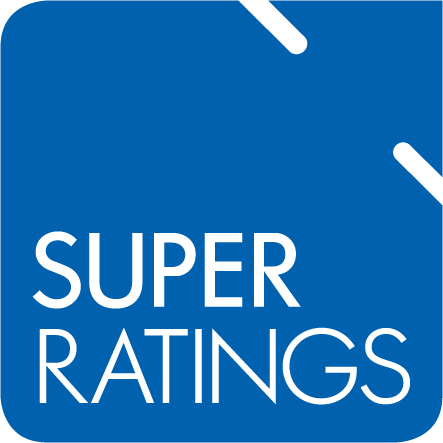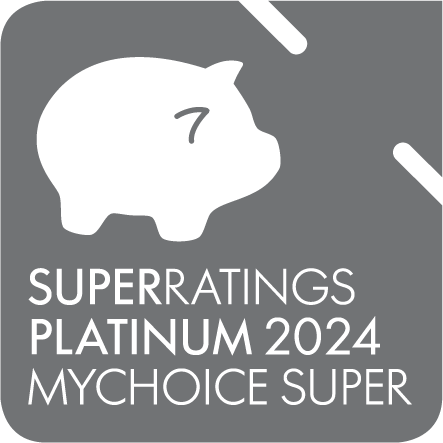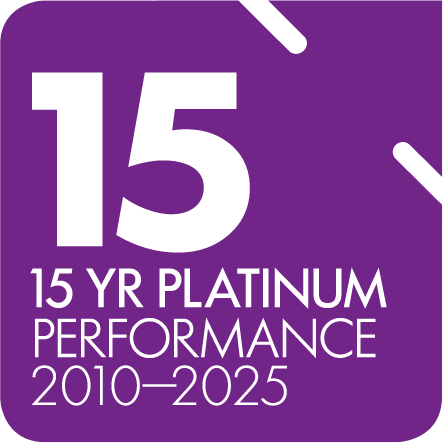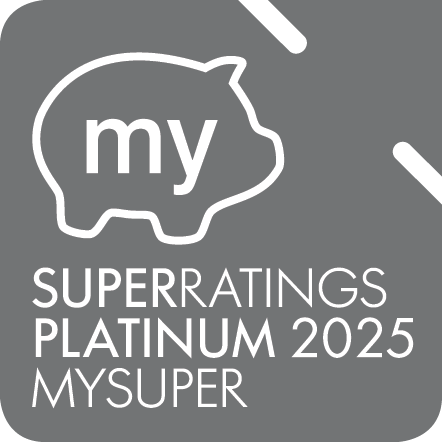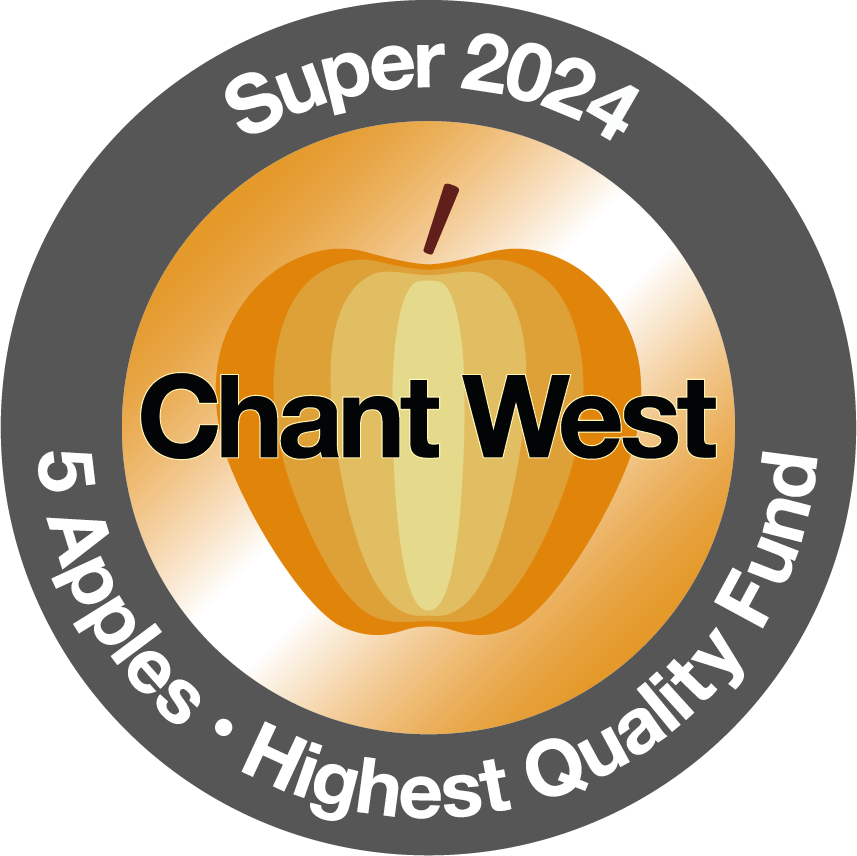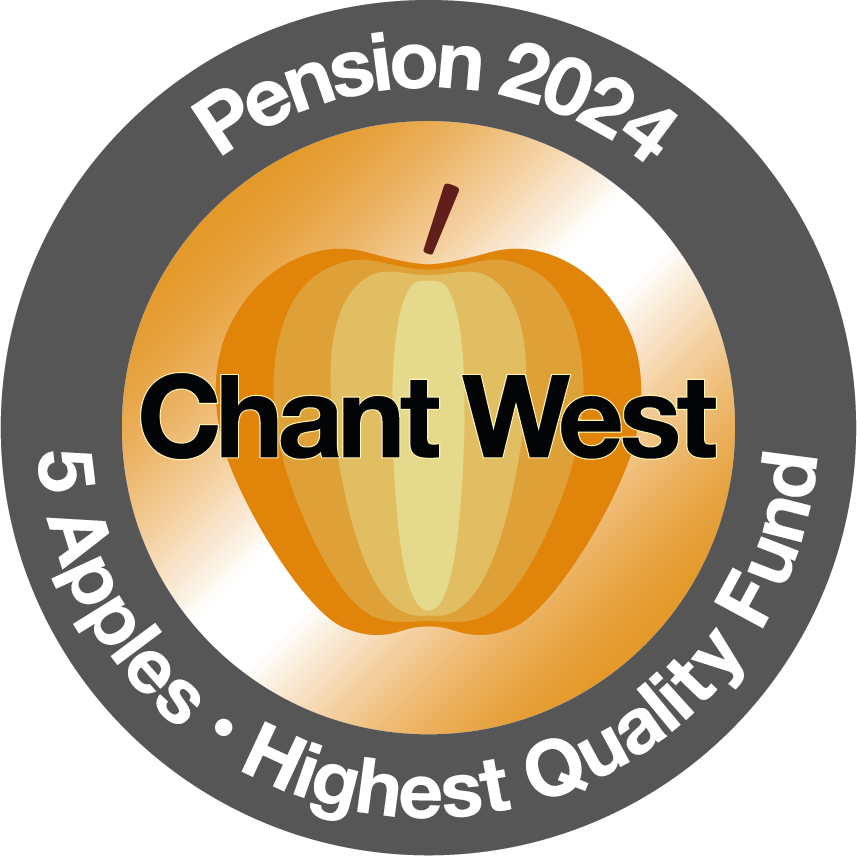Who can apply for a death benefit?
A death benefit is generally paid to a dependant (or dependants) of the member who has passed away, or to the member’s legal personal representative (LPR). If the member doesn’t have any dependants or an LPR, the Trustee may use their discretion to pay the benefit to another person.
What makes up a death benefit?
A death benefit claim can be made up of the superannuation account balance, less any applicable charges or taxes, and any death insurance cover the member may have had at the time of their passing. Our Insurer assesses whether any insured benefit is payable, and we, the Trustee, assess and determine who is eligible to receive the combined payment. This can sometimes be a lengthy and complex process – particularly where there are multiple people claiming.
If you’ve nominated a beneficiary
A beneficiary is the person(s) who will receive your super benefits if you die. Beneficiaries can be nominated specifically by you (by making a beneficiary nomination (or nominations) for your super), or they can be identified and selected by the Trustee. In either case the beneficiary(ies) must have met the relevant conditions under superannuation law that make them eligible to receive your super benefit.


